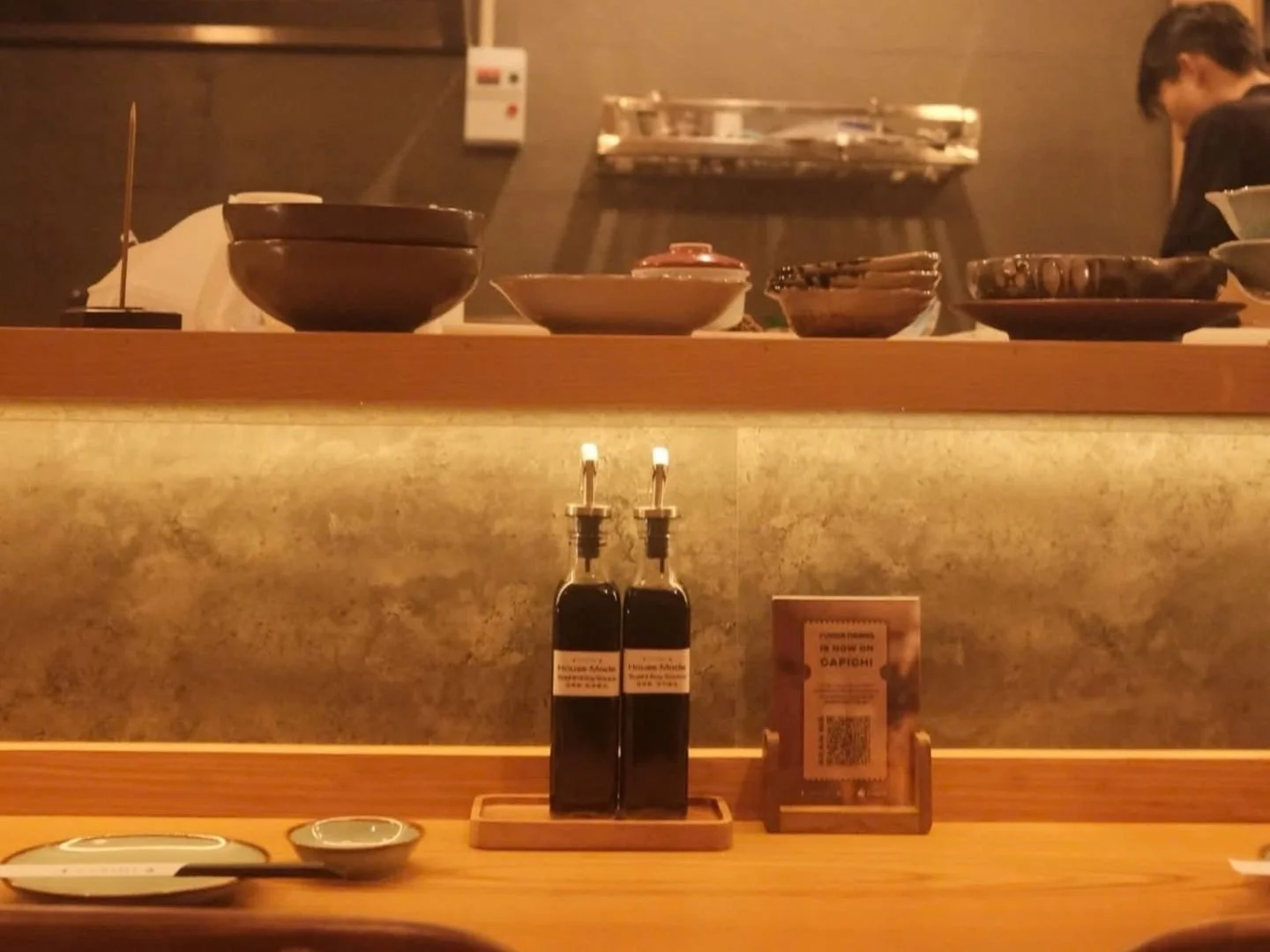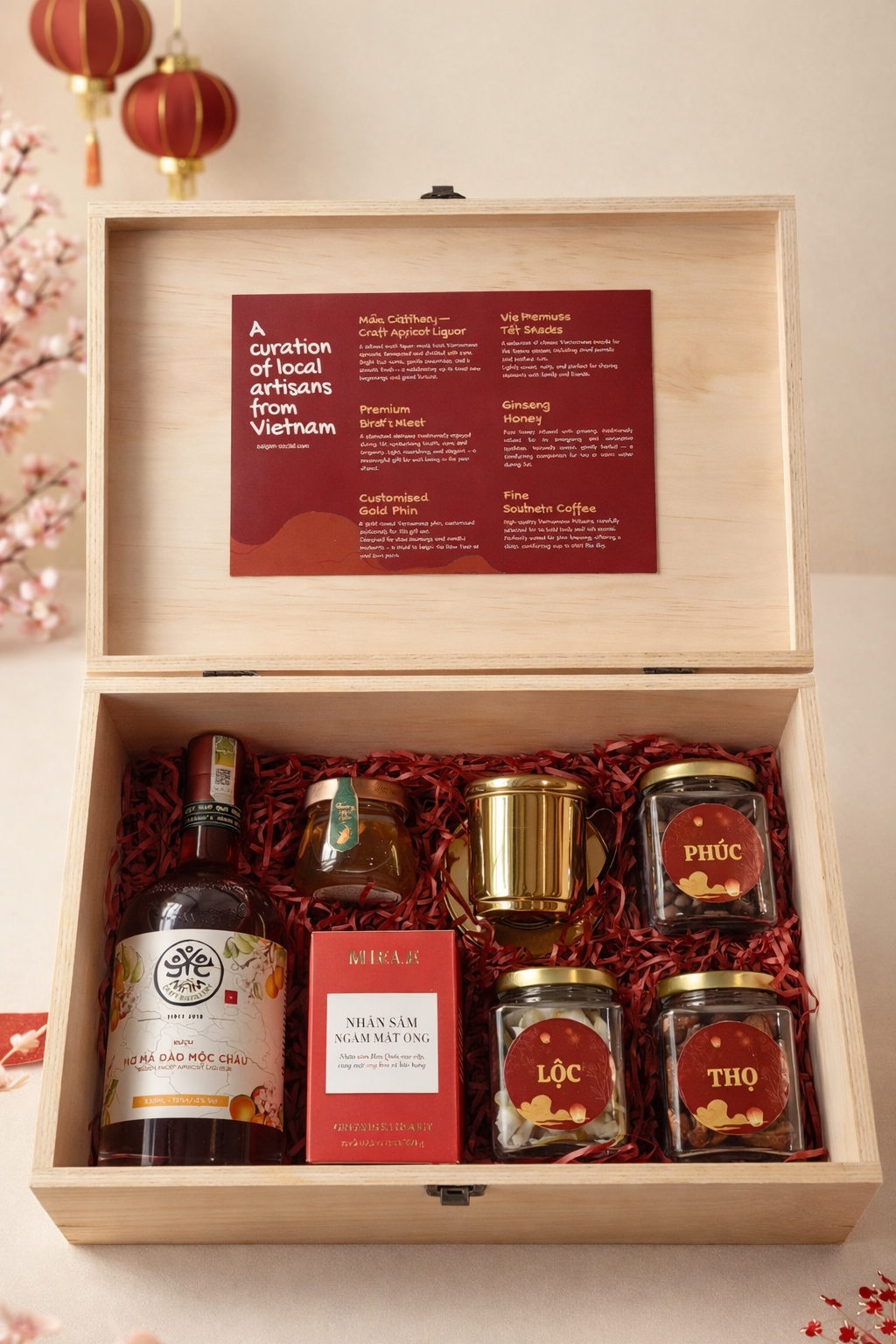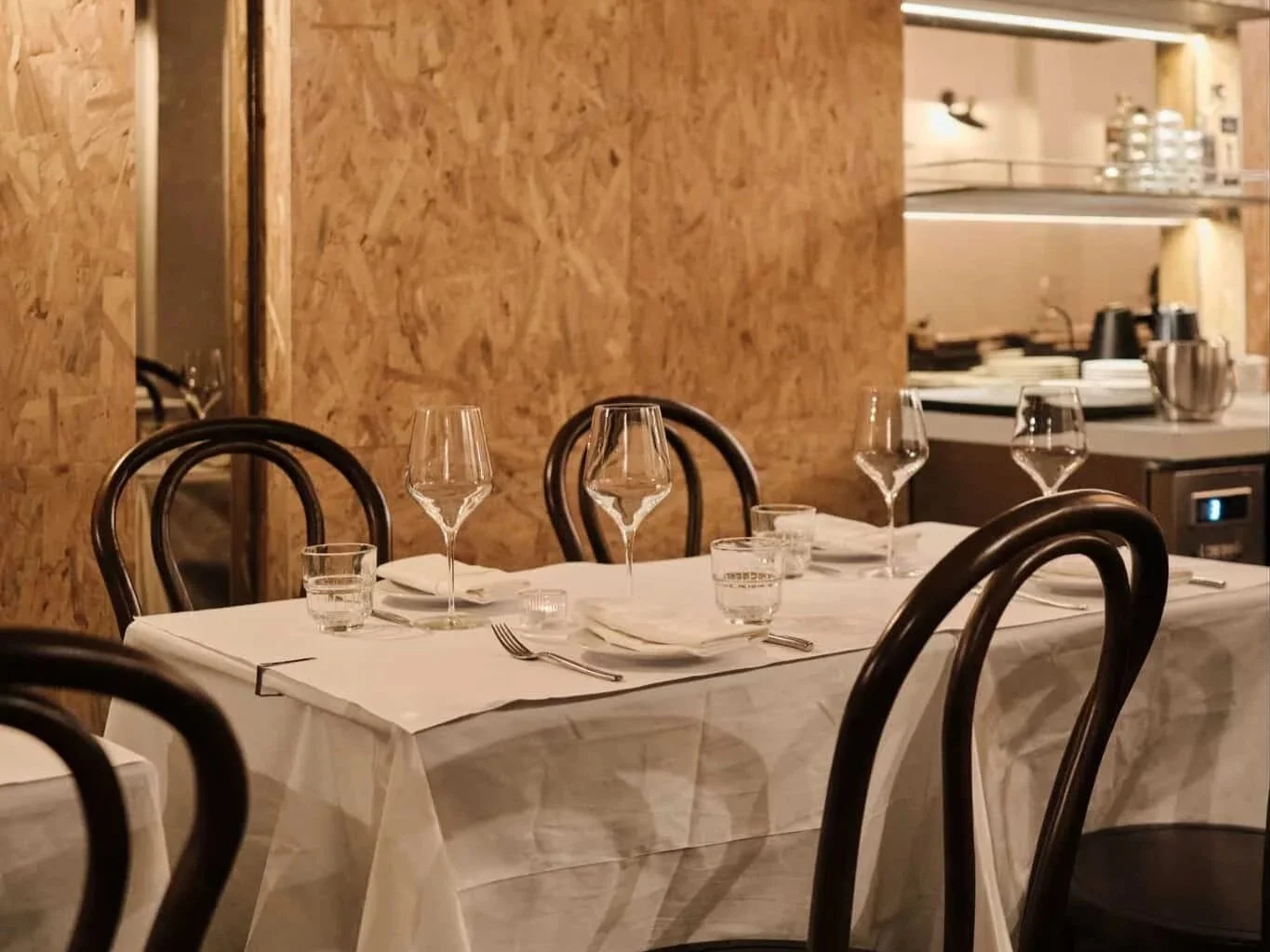Vietnam launches first circular F&B Accelerator program focused on reducing single-use plastics in the F&B industry
On the 25th of May, Schoolab, in conjunction with The Incubation Network and CL2B with funding supported by Prevent Waste Alliance and GIZ, kicked off the launch of ‘The SUP Challenge Program’ - an accelerator program to support and pilot local initiatives focused on reducing and eliminating single-use plastics (SUP) in Vietnam’s food and beverage industry.
Inviting start-ups, SMEs, NGO as well as teams of students currently based in Vietnam and working on products or services that reduce, reuse or refill the use of plastic in Vietnam’s food and beverage industry either through the creation of plastic alternatives or reduction of the following plastic products:
Off-premise SUP usage: Plastic bags, Plastic cutlery, Plastic straws, Plastic food containers, Plastic cup, lids and stirrers
Dine-in SUP usage: Plastic cutlery, Plastic straws, stirrers, Servingware, Sauce sachets
SUP in Kitchen: Cling film Plastic bags, Plastic food containers, Plastic bottles
SUP Challenge Program’s panel of expert impact-driven mentors (Photo courtesy of Schoolab Vietnam)
All selected start-ups will undergo an 8-week hybrid program that combines training and mentoring sessions with a panel of impact-driven innovation and sustainability experts including Kim Le, Co-founder of CL2B, a circular economy consulting firm in Southeast Asia as well as Quentin Frecon, Country Director in Schoolab.
In addition the inaugural batch of aspiring impact-driven entrepreneurs will have a chance to work with one of the program’s line-up of F&B partners for an in-market pilot with the support of Schoolab’s network of innovation and sustainability experts. Last but not least, the entrepreneurs can also stand a chance to get funding of up to $2,000 for their pilot launch.
Timeline of the 8-week SUP Challenge Program (Photo courtesy of Schoolab)
Vietnam’s Plastic Problem
Vietnam produces 1.8 million tonnes of plastic waste annually, but only 27% is recycled. According to a study published in 2020, Vietnam is the world's 11th biggest contributor of mismanaged plastic waste. This means plastic ends up in the environment rather than being incinerated, safely buried, or recycled. In fact, Vietnam produced 570,000 metric tonnes of such mismanaged waste in 2016.
Fortunately, Vietnamese consumers are becoming increasingly aware of the negative impact of their country’s plastic problem. According to a study, environmental, social, and governance (ESG) concerns were among the top three most cited reasons for switching brands and “environmental concerns” was named one of the biggest concerns according to 57% of Vietnamese consumers.
This can be seen in new trends within the food and drink industry, such as reducing packaging and avoiding food waste, and choosing locally produced food that are increasingly valued by consumers. Such changes to consumer trends are mostly addressed by early-stage enterprises and NGOs, that often face several challenges, such as lack of funding, cross-industry collaboration, mentors and complex legal frameworks. With this understanding, the SUP Challenge Program aims to counter the challenges typically faced by SMEs and NGOs and provide a launchpad for impact-driven entrepreneurs to launch in Vietnam.
About SUP Challenge
The SUP challenge is implemented by the Incubation Network and funded by the PREVENT Waste Alliance, an initiative of the German Federal Ministry for Economic Cooperation and Development (BMZ), and ECCA Family Foundation. This challenge is part of PREVENT’s Innovate & PREVENT programme.
For more information, visit Schoolab’s Facebook for the latest up-to-minute updates about the Vietnam’s inaugural SUP Challenge Program or visit their website.















Like what you read?
Discover Vietnam’s coming-of-age food and drink scene with one of our tours and experiences exclusively available at Saigon Social